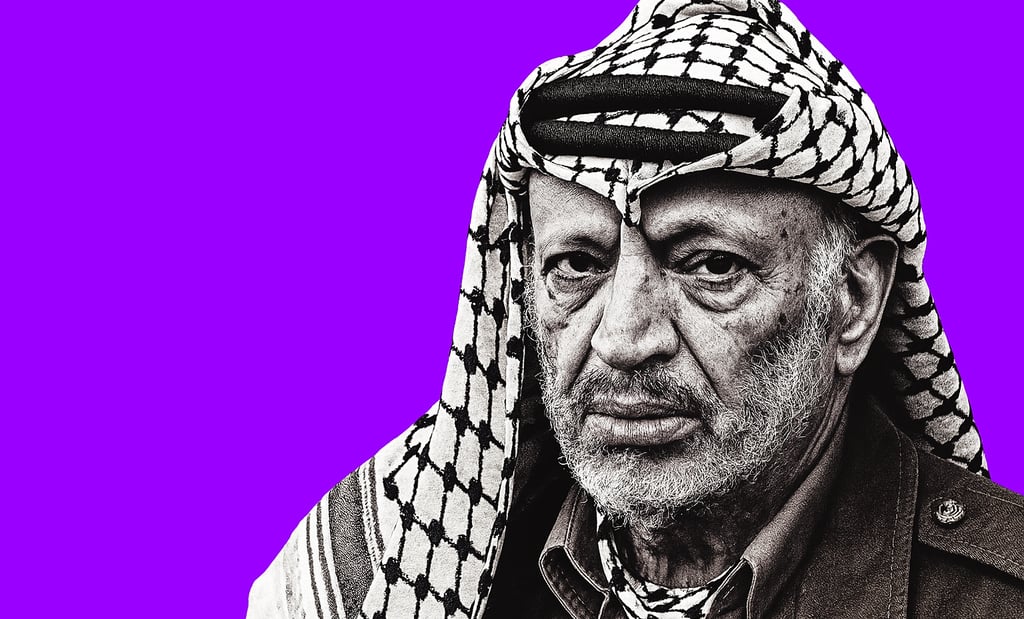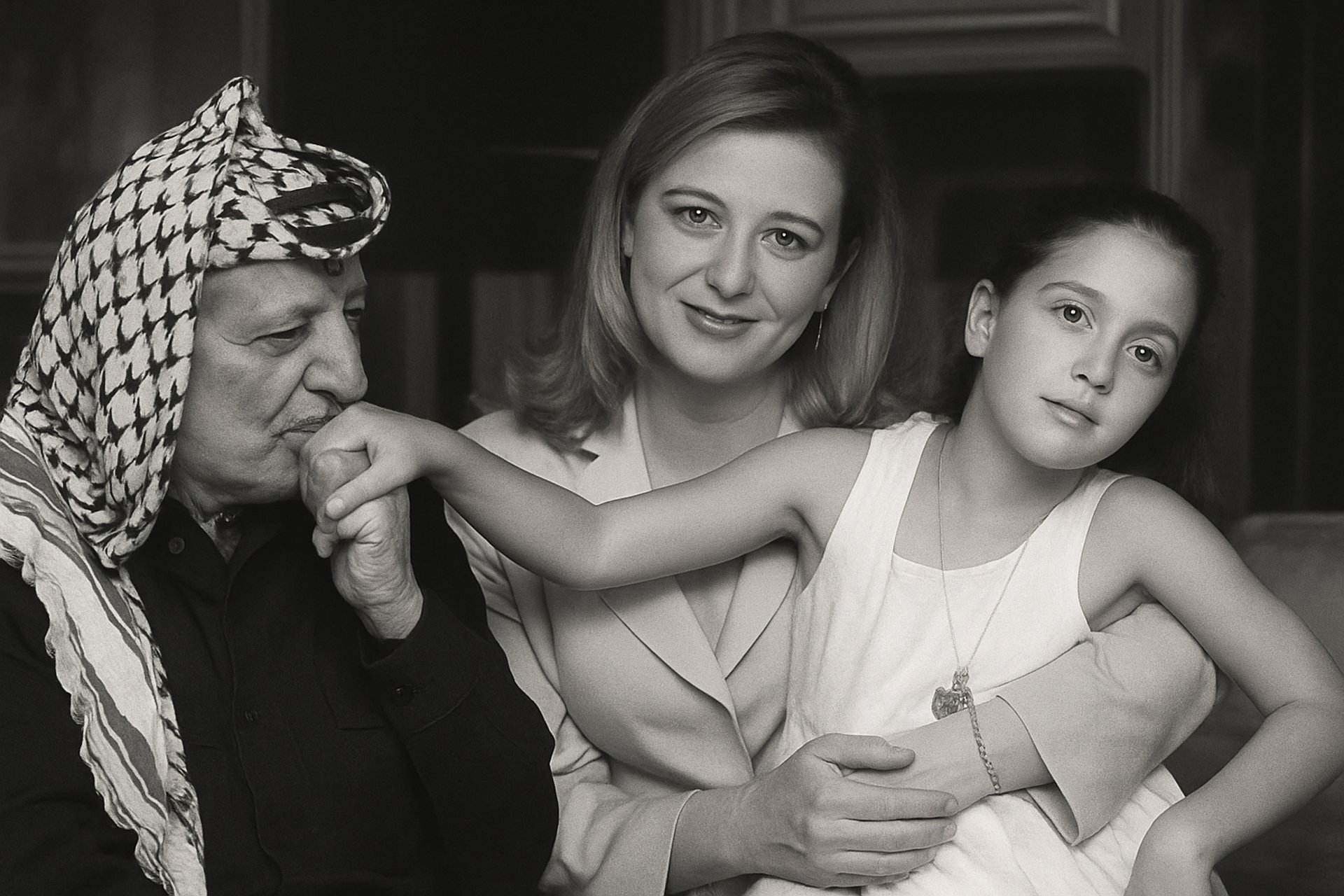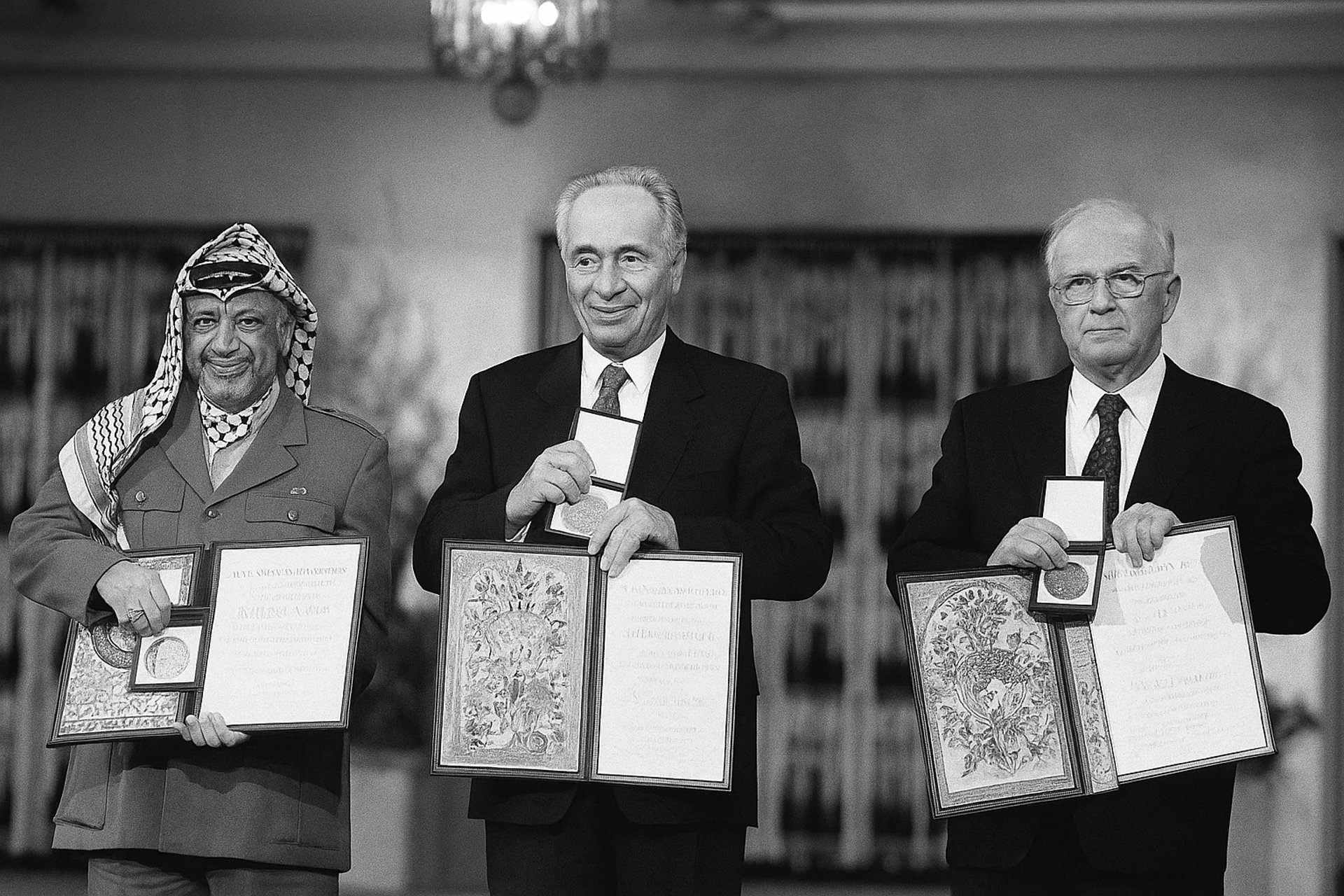Yasser Arafat
From Armed Struggle to Diplomacy: A Lifetime of Fighting for Palestine
7/4/20254 min read


Childhood and the Rise of a Leader
Yasser Arafat was born on August 24, 1929, in Cairo. His family originated from Jenin in the West Bank. He lost his mother at the age of 4 and spent his childhood traveling between Jerusalem and Cairo. In 1956, he earned a degree in civil engineering from Cairo University.
By the age of 17, he was already involved in supporting Palestinian resistance. He helped export weapons into Gaza and developing a strong nationalist ideology. He believed that only armed struggle could liberate Palestine.
In 1959, he founded Fatah, an underground group advocating for Palestine's liberation through armed resistance. A decade later, in 1969, he became chairman of the Palestine Liberation Organization (PLO). It is an umbrella group for various Palestinian nationalist movements. By 1974, the Arab League and the UN recognized the PLO as the legitimate representative of the Palestinian people. It became the political voice of Palestinians worldwide, with Arafat as the face of their resistance. That same year, Arafat delivered a historic speech at the UN General Assembly in New York.
"I have come bearing an olive branch in one hand and a freedom fighter's gun in the other. Do not let the olive branch fall from my hand."
Yasser Arafat, 1974, UN General Assembly
From his bases in Jordan, then Lebanon, and finally in exile in Tunisia, Arafat led the struggle from afar, remaining the central figure of the Palestinian cause. But the First Intifada in 1987 changed everything.
On December 13, 1988, in Geneva, he officially recognized the State of Israel, renounced violence, and proclaimed the State of Palestine. Over 100 countries recognized it, but not the UN, due to a lack of consensus.
On a personal level, he married Suha Tawil, a Christian Palestinian from Ramallah, in 1990. Their daughter, Zahwa, was born in 1995. Arafat kept his family life private but remained omnipresent in Palestinian public life.

From War to Negotiation – The Oslo Accords (1993–2000)
The Oslo Accords were signed in 1993 in Washington between the PLO and Israel. The signatories were Yasser Arafat, Yitzhak Rabin, and Shimon Peres, mediated by U.S. President Bill Clinton. The agreement marked mutual recognition, the PLO acknowledged Israel's existence, and Israel recognized the PLO as the legitimate representative of the Palestinian people.
The accord also established the Palestinian Authority (PA), meant to govern Palestinian territories. A gradual transfer of sovereignty was initiated: Israel was to cede civilian and security control over parts of the West Bank and Gaza, starting with the most populated cities.
In 1994, Arafat, Rabin, and Peres received the Nobel Peace Prize. Two years later, in 1996, Arafat was elected president of the PA. But the process derailed. On November 4, 1995, Yitzhak Rabin was assassinated in Tel Aviv by Yigal Amir, an Israeli ultranationalist opposed to the Oslo Accords, who saw land concessions as treason.
In 1996, Benjamin Netanyahu of the right-wing Likud party came to power, slowing the Oslo process. He rejected full withdrawal from occupied territories, continued settlements, and blocked negotiations. In July 2000, last-ditch talks were held at Camp David with Arafat, Ehud Barak (then Israeli PM), and Clinton, but they failed. Each side blamed the other. Three months later, the Second Intifada erupted, sealing Oslo’s collapse.

Final Years, Mysterious Death, and Controversies (2000–Present)
Yasser Arafat had several near-death experiences. In 1992, he survived a plane crash in Libya. In 2002, during Israel’s "Operation Defensive Shield," he was besieged in his Ramallah headquarters, the Muqataa, for over a year and a half. He was weakened and isolated.
According to Uri Dan, Ariel Sharon’s confidant and biographer, U.S. President George W. Bush once told Sharon : "leave Arafat’s fate to God." Sharon answered : "Sometimes, God needs a little help." . Sharon saw Arafat as an obstacle to peace, and Bush tacitly supported this view.
In 2011, the Palestinian Papers revealed a 2003 letter from Mohammed Dahlan, a powerful Palestinian security official, to Israeli Minister Shaul Mofaz: "Rest assured, Yasser Arafat’s days are numbered, but let us deal with him our way, not yours [...] I would give my life to fulfill the promises I made to President Bush." The letter was never denied. Dahlan later resigned and went into exile.
In October 2004, Arafat fell gravely ill with vomiting, jaundiced and kidney failure. On November 2–3, his aides urgently requested an antidote from Israel. He was evacuated to Percy Military Hospital in France, where he died on November 11. No clear diagnosis was made public, and no autopsy was performed.
Eight years later, in 2012, his body was exhumed. Samples were sent to three laboratories: 5 to the French, 16 to the Swiss, and 25 to the Russians. If Arafat had been poisoned eight years earlier, the amount of poison in his body might have diminished or even disappeared. Polonium-210 has a half-life of 138 days, meaning only a tiny amount of the substance would remain—reduced by a factor of two million.
The results were mixed. The Swiss found the highest dose: 900 millibecquerels on a fragment of iliac bone. According to them, poisoning was “plausible,” but not certain. They estimated the probability at 0.5. The French concluded it was a natural death but did not publish their data. The Russians, initially open to the criminal hypothesis, changed their position in their final report of December 2013. According to a journalist interviewed by Clayton Swisher, the Ministry of Foreign Affairs, headed by Sergei Lavrov, allegedly reviewed and partially rewrote the official conclusions. Between the confidential version and the one that was published, several passages were reportedly removed.
The mystery remains unsolved. Twenty years later, no court, no international investigation has been able to clearly establish the cause of Arafat’s death. To this day, he remains the iconic figure of the Palestinian cause. Despite the harshness of his struggle, he never lost his sense of humor—nor ever let go of his keffiyeh.
Sources
Killing Arafat (2012), investigative documentary series by Al Jazeera, directed and researched by Clayton Swisher.
L’Affaire Arafat, by Emmanuel Faux (2014) 240 pages.
